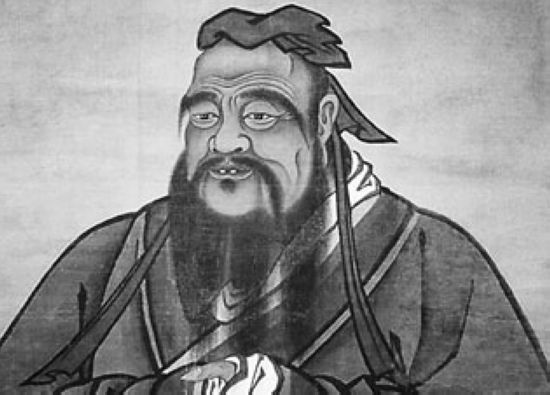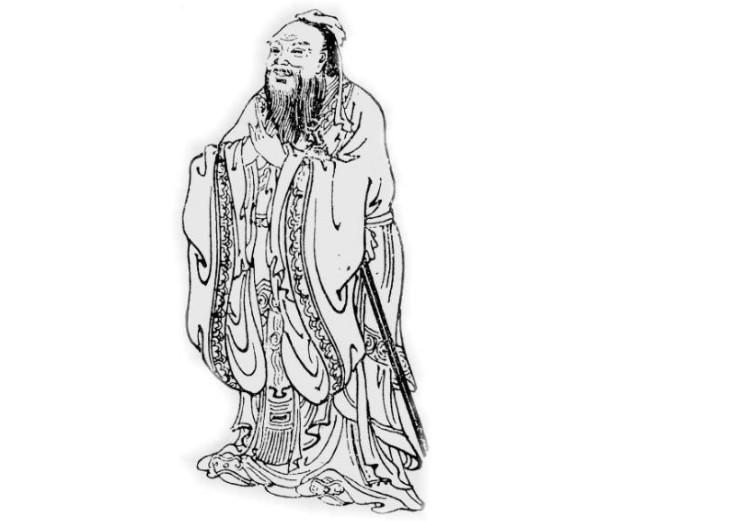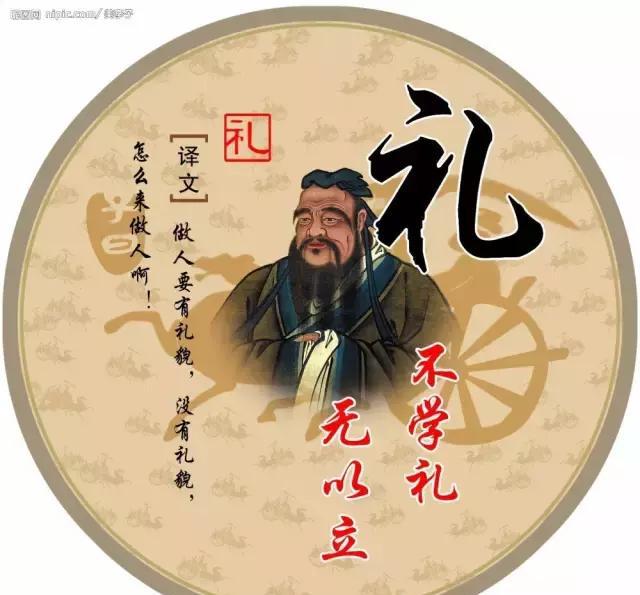What is known about Confucius’life?
3 min readAccording to Chinese tradition,Confucius(551 B.C.-479 B.C.)was a thinker,political figure,and educator.Records of the Historian by Sima Qian collected tales about him.Based on these tales,his ancestors were members of the Royal State of Song. Later,his great grandfather,fleeing turmoil in his native Song,moved to Lu,somewhere near the present site of Qufu in southeastern Shandong Province.
There the family became impoverished,and the young Confucius had to undertake jobs as an accountant or cared for livestock.We do not know how he was educated,but tradition has it that he studied ritual with the Daoist Master Lao Dan,music with Chang Hong,and the lute with Music-Master Xiang. In his middle age,Confucius is supposed to have gathered about him a group of as many as 3,000 disciples whom he taught.At the age of 50,his talents were recognized by the state,and he was appointed Minister of Public Works and then Justice Minister.But he apparently offended members of the lu nobility and was forced to leave office and go into exile.

In the company of his disciples,he left the State of Lu and traveled from state to state to offer his advice to rulers on how to improve their management of state affairs.At the same time,he looked for an opportunity to put his ideas into practice,but this opportunity never came.In any case,by most traditional accounts,he returned to Lu in 484 B.C.and spent the rest of his life teaching and editing Book of Songs,Book of Documents,and Spring and Autumn Annals.The best-known of which is Analects,a collection of his sayings that was compiled and edited in its modern form during the Han Dynasty.
Confucius died in 479 B.C.,aged 72.

What are the basic concepts in Confucian thought?
Li,courtesy.Courtesy is originally believed to have originated in Heaven.Confucius redefined li to refer to all actions done by a person to build anideal society in everyday life.In practice,Confucius tried to revive the etiquette of earlier dynasties.
Xiao,filial piety.This had long been considered as one of the greatest virtues and had to be shown towards both the living and the dead.It denotes the respect and obedience that a son should show to his parents,especially to his father.Confucius extended this code of conduct to broader patterns of obedience-the wife obeys the husband;the younger brother the elder brother;the subject the ruler.
Zhong,loyalty.This was traditionally the equivalent of filial piety on a different plane,and the relationship between a ruler and his ministers.It was not only stressed by Confucius but clearly demonstrated in his life of moral courage and devotion to principles.

Ren,benevolence.The word ren in Chinese consists of two components-“person”and“two,”referring to the way two persons should behave towards each other with mutual respect and heart.It implies a system based on empathy and mutual understanding.It is perhaps expressed in the saying,”Do not do to others what you would not like them to do to you.”
Junzi,gentleman.This term literally means”son of a ruler,”but it is used to person who has a well-integrated personality.Such a man is expected to act as a moral guide to the rest of society.He cultivates himself morally,he participates in the correct performance of the rites,and he shows filial piety and loyalty where these are due,and the great exemplar is Confucius himself.








